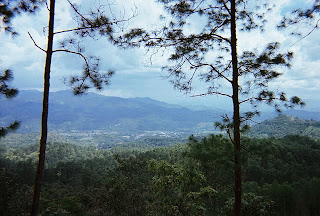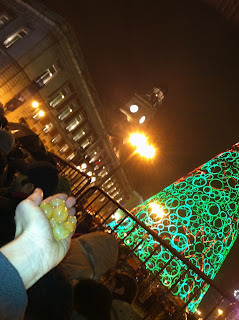July 29, 2008 - Copan, Honduras

"But people can change. I know there are many things I used to do that I don't do any more, now that I'm more educated."
~Elvia Alvarado
When traveling, it is always interesting to witness the effects of World Bank funded programs, first-hand.
the Butterfly Gardens and Macaw Mountain Bird Park are two destinations in Copan that nurture the desire to silently sit, relax, and enjoy observing natural inhabitants of the region.
Six adorable Tucan babies enjoy entertaining the masses at the Macaw Mountain Bird Park, but the first couple days of their life were not so carefree. Honduras has made it illegal to own or sell native birds. The World Bank funds a program, with the fairely uneducated Honduranian Forestry Department, to confiscate birds throughout the country. This includes healthy, happy, and well cared for pets in homes and businesses - in order to meet a quota established by the government. The quota is set in order to receive the maximum money possible from the World Bank.
Weeks ago, the "bird police" came upon nine small Tucans being sold along the side of the road. Not knowing they were babies (needing to be hand-fed by their parents 6-8 times a day, the birds were placed in a truck for 4-5 days with bananas thrown on the floor. The "bird police" figured the Tucans would eat when hungry.
Upon arrival at the Macaw Mountain Bird Park, four Tucans were dead and other others near starvation. According to the park owner, the World Bank has funded this program without any education for the enforcers or a plan for where the birds will go once confiscated.
Without any forewarning, the "bird police" will arrive at the Macaw Mountain Bird Park with a truck full of half-dead birds and expect the park to accept and rehabilitate the survivors. There is no money coming from the World Bank or the Honduranian Government.
The ownerr created the park as a profit making business, however, with this new World Bank program, they are turning into a non-profit. It's difficult to turn away from the Endangered birds, but if the investment isn't paying-off, the owners may re-think their labor-of-love.
The parks goal is to rehabilitate and reintroduce as many birds as possible, back into the wild. Since the siz baby Tucans have been in captivity since days old, it is the parks hope to help teach the birds to gather their own food from the wild by flying freely during the day, and in park cages inorder to protect them from predators at night.

